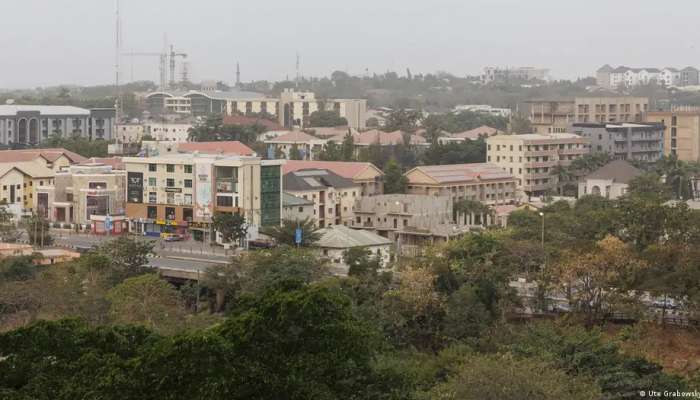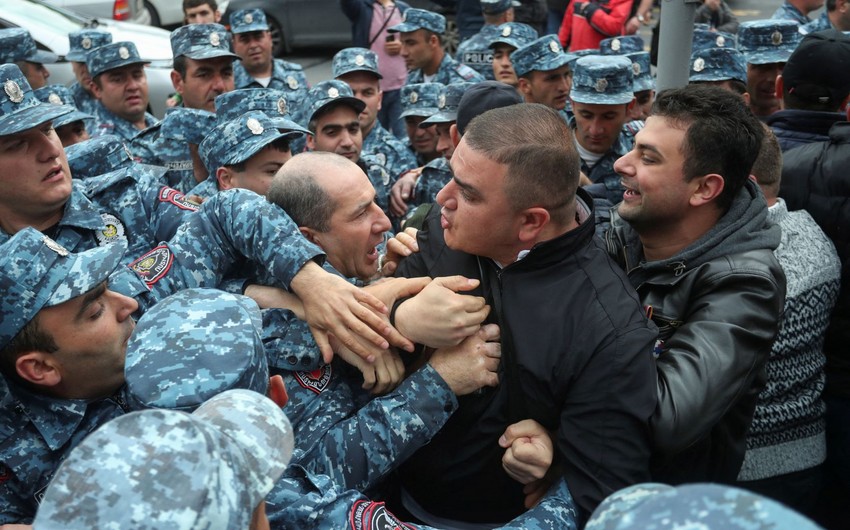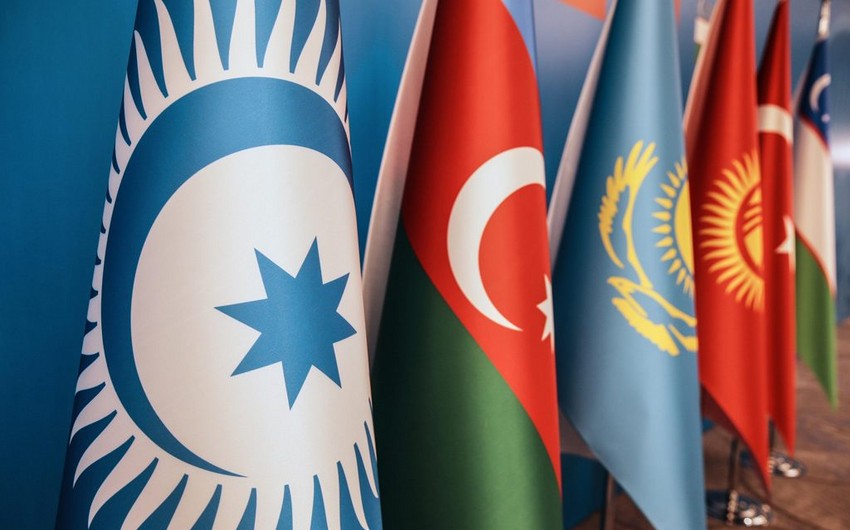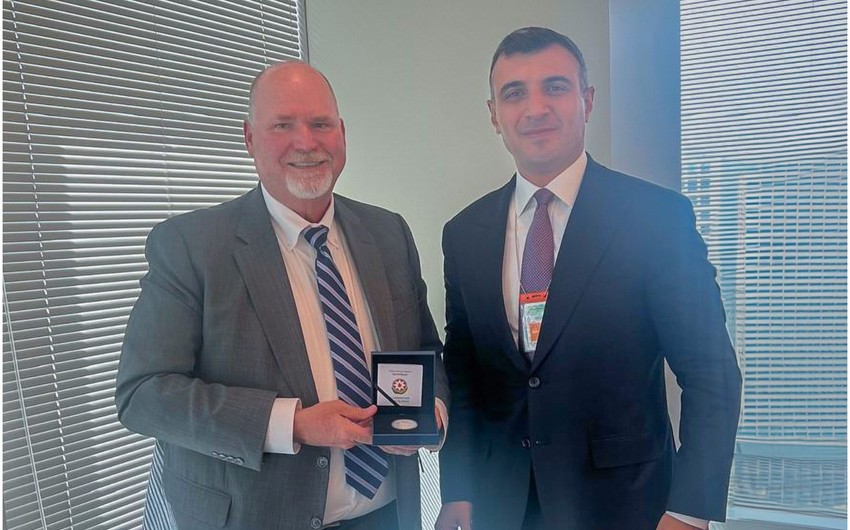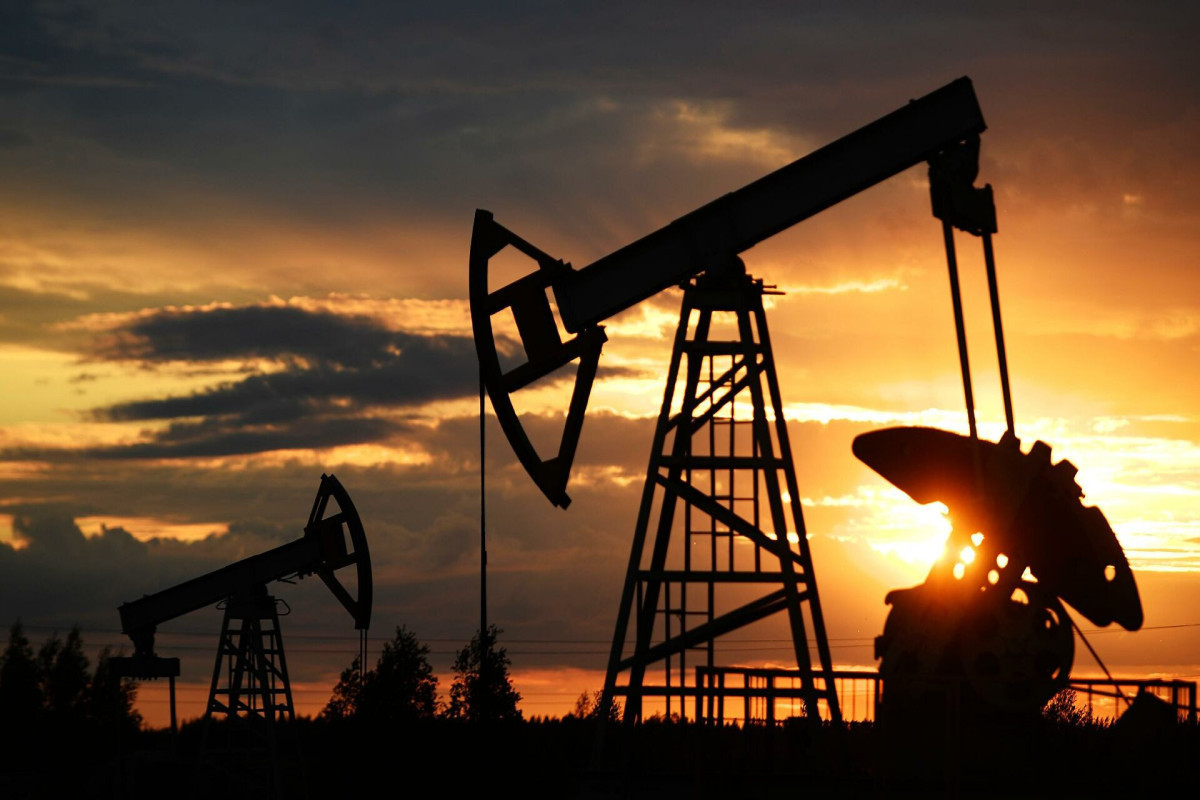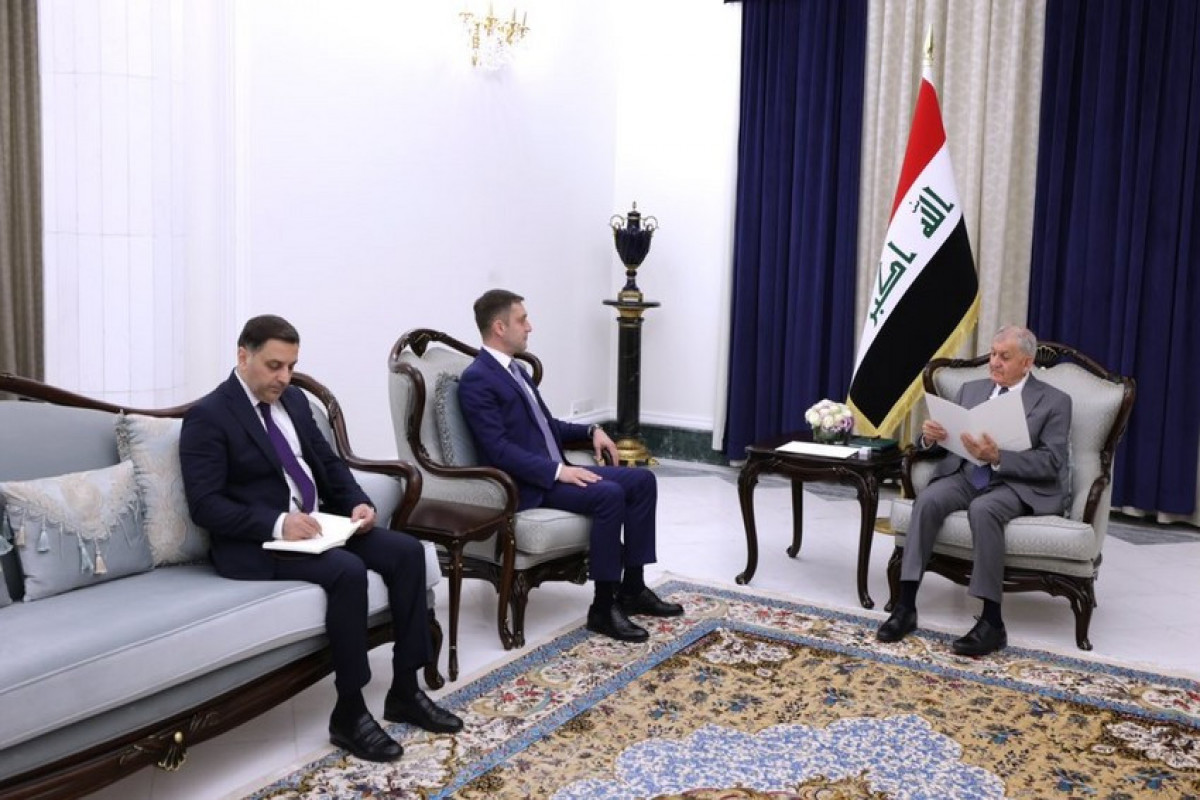As Lebanese people prepare to head to the polls on Sunday, May 6 to vote according to a new proportional law, it is worth remembering that Lebanon's 128 members of parliament, who were elected in the last legislative elections in 2009, got a very good deal.
Instead of serving for one term (four years), they eventually extended their terms for an additional five years, allegedly due to security concerns and fear of political instability due to the situation in Syria and a presidential vacuum. In the process, they benefited from the many perks that accompany their posts while giving practically nothing back to the Lebanese people who were robbed of their constitutional right to vote for new representatives. (See this feature on the key players and the political landscape in Lebanon).
Thus, in the bigger picture, the on-going elections (the Lebanese diaspora voted last week) are really "too little, too late". It is an attempt by the government to portray normalcy and a properly functioning democracy, whereas the dire situation in the country requires a major overhaul and a comprehensive project of reform and anti-corruption measures.
Legal Agenda, a Lebanese specialised legal NGO/publication, summed it up neatly: the elections are "a wedding on the ruins of democracy" - in reference to a Ministry of Interior and Municipalities ad dubbing the elections as "the wedding of democracy".
The publication concluded that "we can predict that the elections will not bring us the best candidate but rather the most sectarian, powerful and wealthy candidate - bringing about a new 'wedding' celebrating all that is wrong in a democracy: a wedding on democracy's ruins."
It is indeed distressing, as a Lebanese citizen, to think about, let alone write about, the Lebanese parliament. Lest I be accused of unwarranted pessimism, suffice it to mention some conclusions from a parliamentary monitoring project conducted by the Lebanese Center for Policy Studies to give the reader an idea about the subject matter: "Addressing Citizens' Concerns is not on the Parliament's Agenda"; "By and Large, Politicians Don't Know the Issues"; "Lebanese MPs: Little Time to Legislate and Hold Government Accountable".
Of course, all this should be material for a political tsunami whereby voters would normally be expected to punish their underperforming and incompetent representatives and parties at the ballot box.
In Lebanon's power-sharing arrangement (consociational democracy) among various religious groups, consensus among the political elite is key or else paralysis in state institutions prevails. However, when Lebanese politicians speak about the need for "consensus" or "compromise" to accommodate the various communities' (rightful or imagined) demands, grievances, and "existential concerns", what is meant, in practice, is a negotiation of the terms of a deal (short-term or longer-term) between the various "zu'ama" (sectarian leaders).
These zu'ama running for elections have convinced their supporters that they are their individual and communal sole guarantors in a political system that will ignore them if they do not contact it (for services and protection) via their designated sectarian leaders who, owing to their strong position within that system, are able to provide them with the needed connections (or "wasta").
This is why many analysts and scholars predict that Lebanese people will once again elect the same leaders and parties, since, as Lebanese scholar Rima Majed rightly asked: "Why would voters give up on their powerful sectarian leaders and go for independent individuals who are definitely weaker within the existing Lebanese system?"
Ultimately, the key issue here beyond electoral campaigns and anticipated results is simple yet sombre. Lebanon's parliament is not, and will not be, the place where key decisions are taken.
Lebanon's consociational democracy has come to mean, in practice, that sectarian leaders agree among themselves on the best course of action to take on single or multiple issues and then proceed to parliament to "discuss" or to "vote".
Take the example of the "presidential settlement" that ended the presidential vacuum. When parliament elected General Michel Aoun as president in 2016, there were no surprises - except for the lame sense of humour of some MPs who put in random names including a pop star Myriam Klink.
There was no anticipation or uncertainty that would usually accompany a parliamentary vote of that magnitude (the presidency). Everyone knew that the agreement had been made for Aoun to assume the presidency in return for Saad Hariri's return to the premiership - among other terms of an agreement that was discussed and agreed upon in private.
Thus, the parliamentary vote was not really a "vote" in the full sense of the term. It was simply a chance to confirm a decision that had been taken outside the parliament, similar to Michel Sleiman's election in parliament after the Doha Agreement in 2008 - with the difference that Aoun was one of the "Christian street's" most popular candidates.
Stated differently, state institutions, including the parliament, have not been the place where the democratic process takes place since the end of the civil war, as Max Weber fellow Jamil Mouawad wrote. They have been transformed into institutions whose role is to ratify agreements woven outside parliament; that is, between the political elite and regional and international actors.
Be that as it may, the parliamentary elections remain important, in so far as they provide a chance for the Lebanese people to vote, and inasmuch as the new electoral law will likely generate a slightly more diverse representation after an electoral campaign that saw some improvements in political discourse and gender representation.
Indeed, the choices are not great. The same players are asking the Lebanese people to trust them for an additional four years - claiming achievements, loyalty, steadfastness, pledges to fight corruption and to build a strong state. And it is a safe bet to expect these very same players to be voted back into parliament on Sunday - with a few changes here and there, and with the "son" replacing the "father" in some instances (Teymour Walid Jounblat and Tony Sleiman Frangieh to name a few).
In contrast, there are lists of non-traditional newcomers (commonly referred to as "civil society" candidates) who, in contrast to the established influential parties, are calling for a non-sectarian outlook to Lebanese politics and a citizen-focused approach that seeks to address citizens' daily concerns rather than focusing on religious communities' "existential threats" and stoking up fear of the "Other" or "foreigner" (refugees). Theirs is an attempt to challenge the status quo and to offer an alternative.
Prospects for reform from within the parliament might become a "pilot project", if these independent candidates running on a non-sectarian human rights-based agenda manage to secure a couple of seats across Lebanon. Whether they convince Lebanese voters to switch teams, or whether the same sectarian parties will be brought back remains to be seen in the next 72 hours.
At the end of the day, the outcome of the elections will not change much in the political landscape - unless, of course, we will witness unforeseen huge electoral surprises radically altering the balance of power in the country. Otherwise, the elections will be followed by the formation of a national unity government headed by current PM Saad Hariri and Lebanon will try to "survive" another four years of power-sharing arrangements and very little legislation that directly address citizens' concerns.

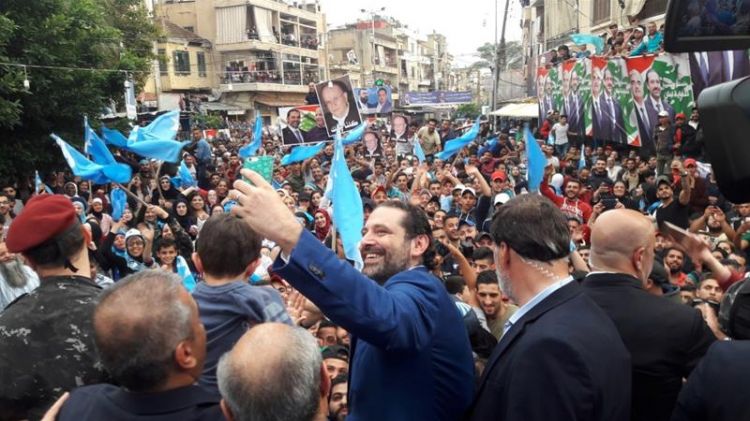



.jpg)
.jpg)
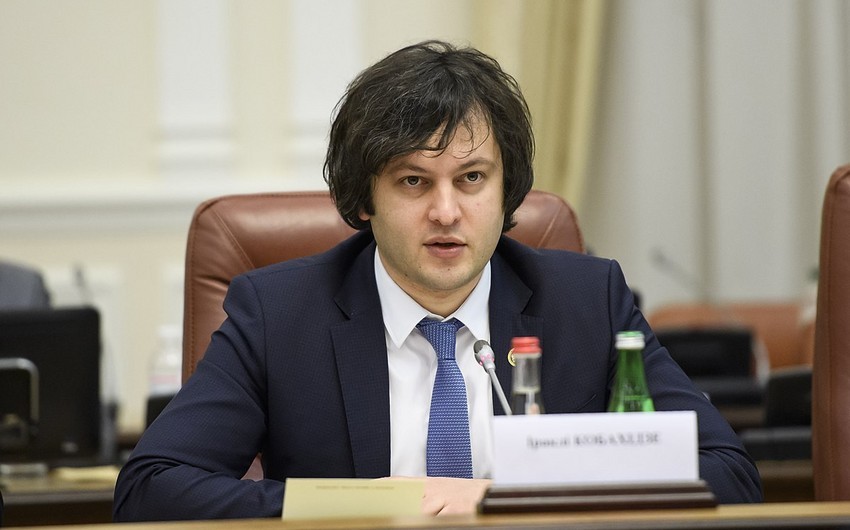
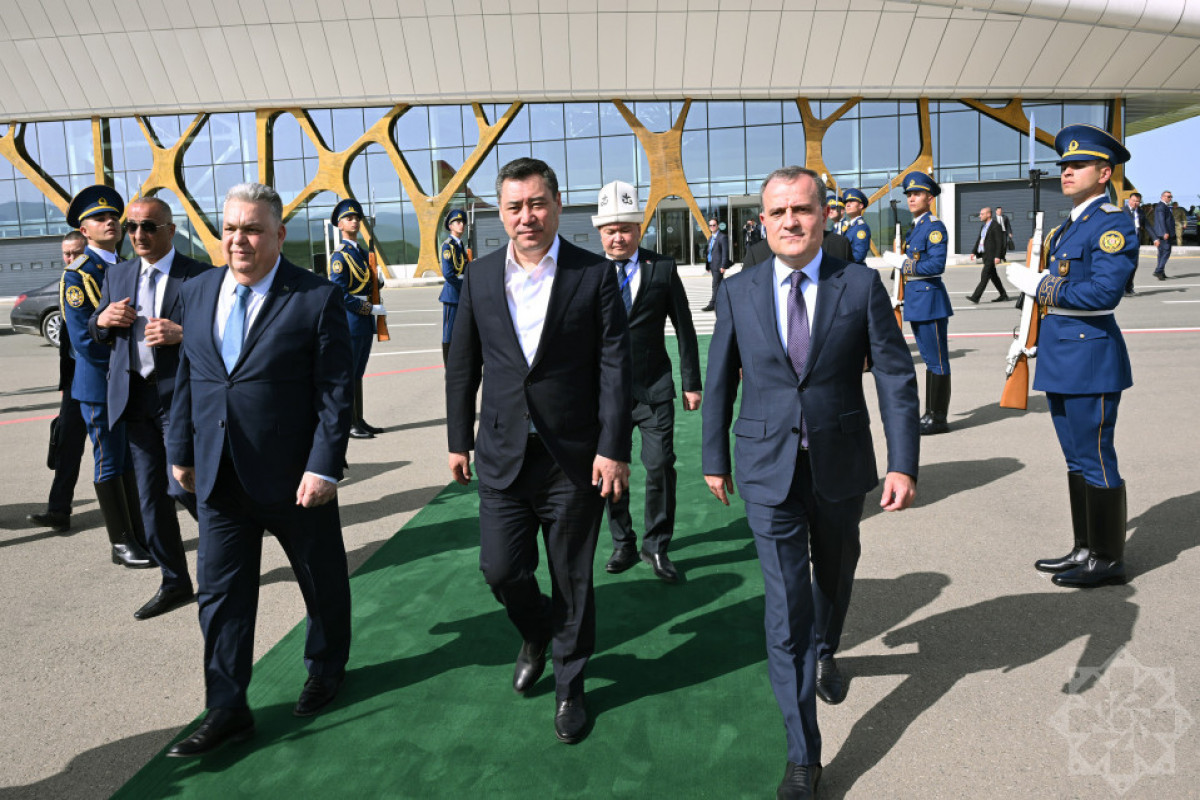
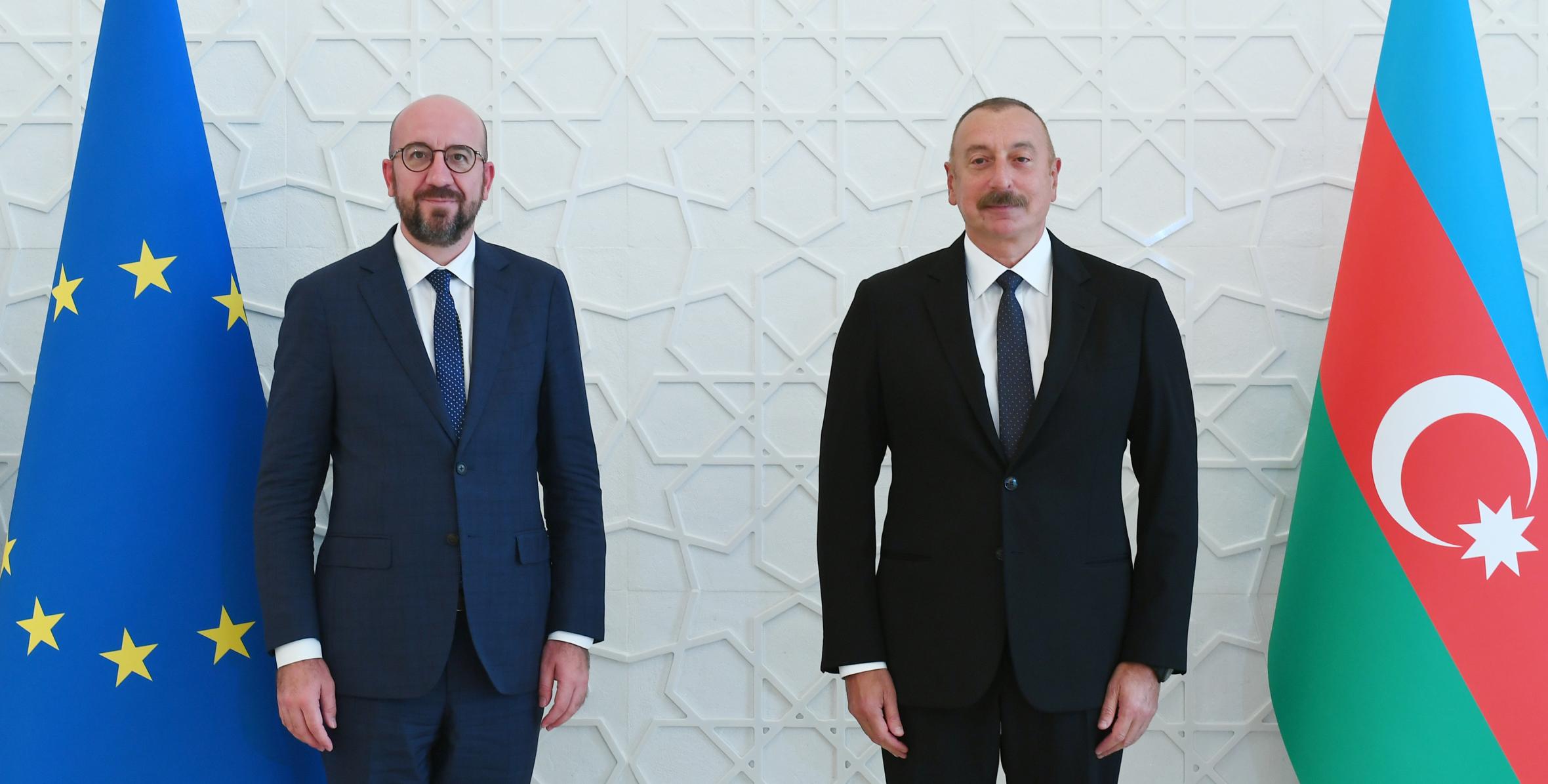
.jpeg)
